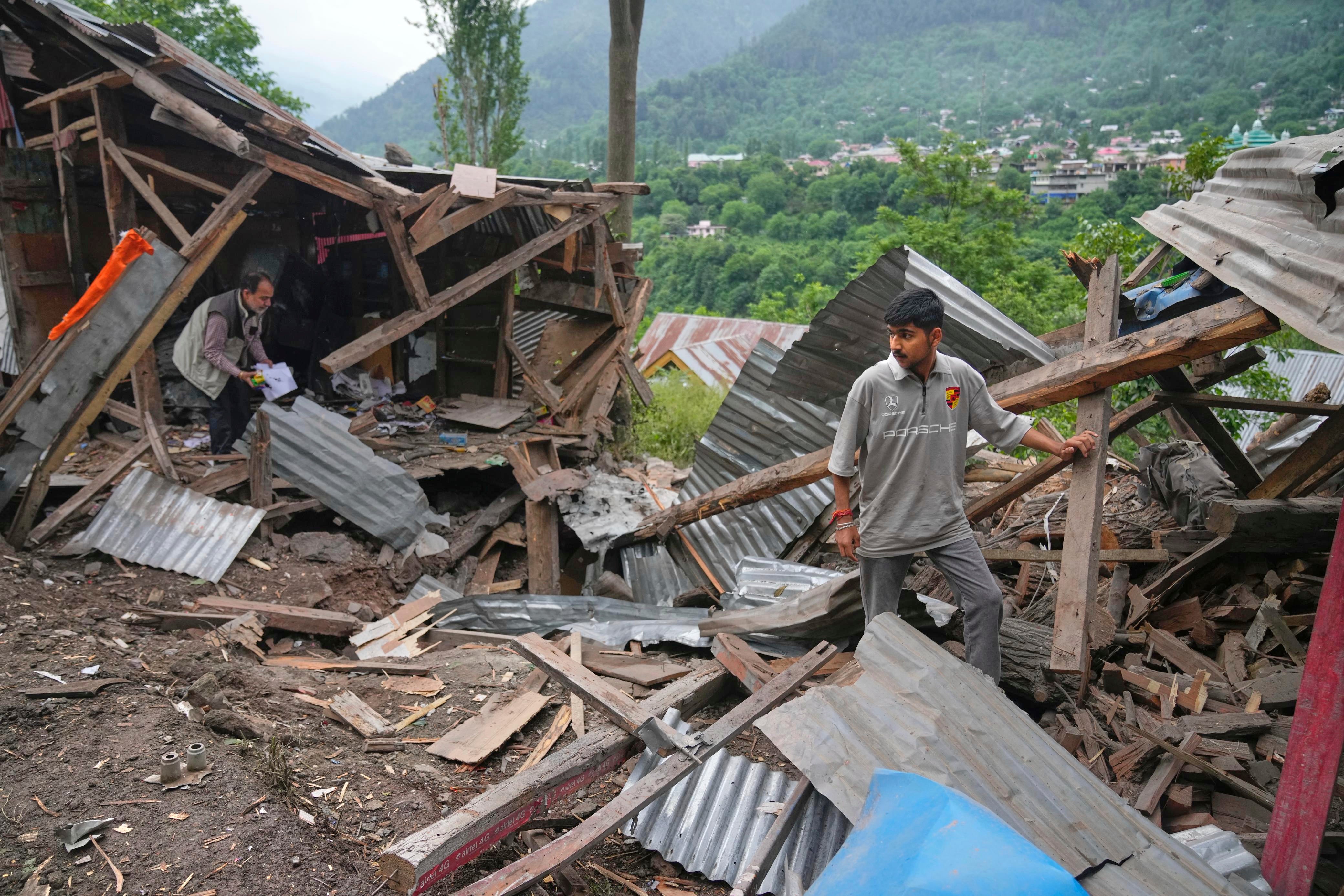ARTICLE AD BOX
The United States will not get involved in the escalating conflict between India and Pakistan, with vice president JD Vance calling it “fundamentally none of our business”.
Speaking in an interview with Fox News, Mr Vance said US cannot force either side to disarm. But he said he would use diplomatic channels to encourage de-escalation. Mr Vance made it clear that the Donald Trump administration would not play the role of mediator in what is increasingly being seen as one of the most dangerous stand-offs in South Asia in recent years.
“What we can do is try to encourage these folks to de-escalate a little bit,” Mr Vance said. “But we’re not going to get involved in the middle of a war that’s fundamentally none of our business and has nothing to do with America’s ability to control it.”
Mr Vance’s comments came after a sharp rise in hostilities between the two nuclear-armed neighbours. India said late Thursday that it had intercepted a wave of missiles and drones launched by Pakistan overnight. The attacks followed Indian airstrikes early Wednesday that Delhi said targeted terrorist infrastructure across the border. Pakistan has denied any militant activity in the areas struck and said the attacks killed civilians, including a woman and a child.
At least 31 people were killed in India’s missile strikes on 7 May, according to officials in Islamabad. Cross border firing has also killed dozens in both countries. Blasts were reported in India's Jammu city during the third night of military escalations.
The Indian army said it has “repulsed” multiple Pakistani drone attacks on its entire western border, as air raid sirens were heard in several Indian cities. Pakistan’s defence minister, Khawaja Asif, told the BBC that the country was yet to hit back at India and would not deny its actions when it does so.

Mr Vance said the US would continue to urge calm but suggested there were limits to American influence in the region.
“We’ll pursue this through diplomatic channels. Our hope and our expectation is that this is not going to spiral into a broader regional war or, God forbid, a nuclear conflict,” he said. “Right now, we don’t think that’s going to happen.”
The remarks reflect the Trump administration’s broader “America first” approach to foreign policy. Both Mr Vance and president Donald Trump have warned that the US is willing to walk away from mediation efforts if no clear progress is made, including in ongoing conflicts such as the war in Ukraine.
Secretary of state Marco Rubio has spoken with leaders in Delhi and Islamabad in recent days and issued a joint statement calling for “immediate de-escalation”. Diplomats from Iran and Saudi Arabia have also travelled to Delhi, in what appears to be a widening regional push to cool tensions before the conflict deepens further.
Mr Vance, who visited India last month, previously acknowledged India’s right to retaliate against terrorist attacks but warned that the situation must not “spiral” out of control.
“Our hope here is that India responds to this terrorist attack in a way that doesn’t lead to a broader regional conflict,” he said at the time, referring to the terror attack in Pahalgam that killed 26 Indian civilians in April. “And we hope, frankly, that Pakistan, to the extent that they’re responsible, cooperates with India to make sure that the terrorists sometimes operating in their territory are hunted down and dealt with.”
Despite international appeals, border shelling and cross-border drone activity continued through Thursday, and local reports suggest thousands have fled villages near the Line of Control amid fears of further escalation.









 English (US) ·
English (US) ·